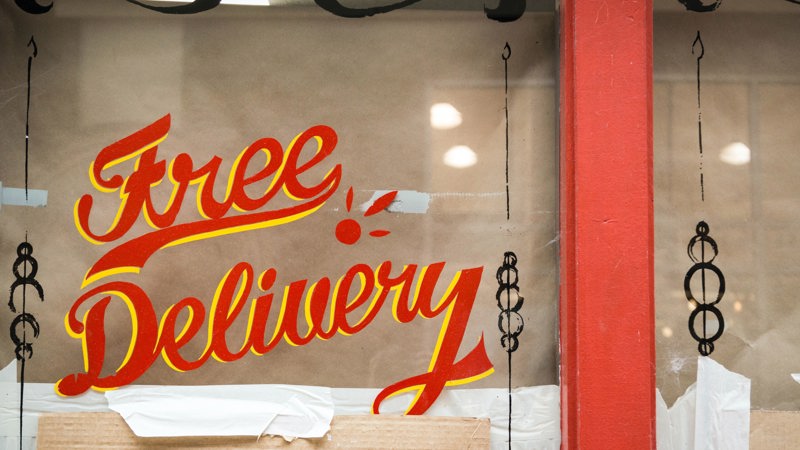
Some big companies resist rapid change not because they’re incapable of it, but because the economics of their business dictate a more cautious approach.
But in a crisis, even market leaders can push through major innovations in short order.
Responding to the Covid-19 pandemic
We worked with one of the UK’s biggest retailers, which saw a huge spike in the demand for its online delivery services when Covid-19 hit. It responded rapidly, implementing a series of innovations that doubled its delivery capacity and boosted online orders from 9% of total sales to over 16%.
In normal times, our client would have been nervous about innovation of this type, fearing it would come at the expense of quality. But the initial stages of the pandemic were no time for caution, and the business was willing to compromise on quality in order to quickly ramp up capacity. And customers accepted a drop in the quality of the delivery service given the circumstances, which diminished potential innovation risks.
It widened delivery time windows, and stopped selling some frozen produce to free up space. And it significantly compressed new-driver training, to reduce the time it took to get drivers on the road.
Making rapid change happen
Those were just some examples of the many quick changes the businesses implemented. An important part of the equation was setting the right incentives for staff to make it happen. All frontline employees received a 10% bonus. But non-monetary rewards were also crucial: workers were rightly made to feel that they were providing an essential service to help the country in a time of need.
Accelerating innovation
With people pulling together, swift decision making and strong leadership by the CEO, innovation was quickly accelerated, rather than being met with resistance.
In this case, playing a part in the fight against Covid was its own reward. But behavioural motivation only takes you so far. Ultimately, the retailer started doing things differently because a fundamental economic driver of its business had changed.
You can find more details on our innovation framework in this article.




